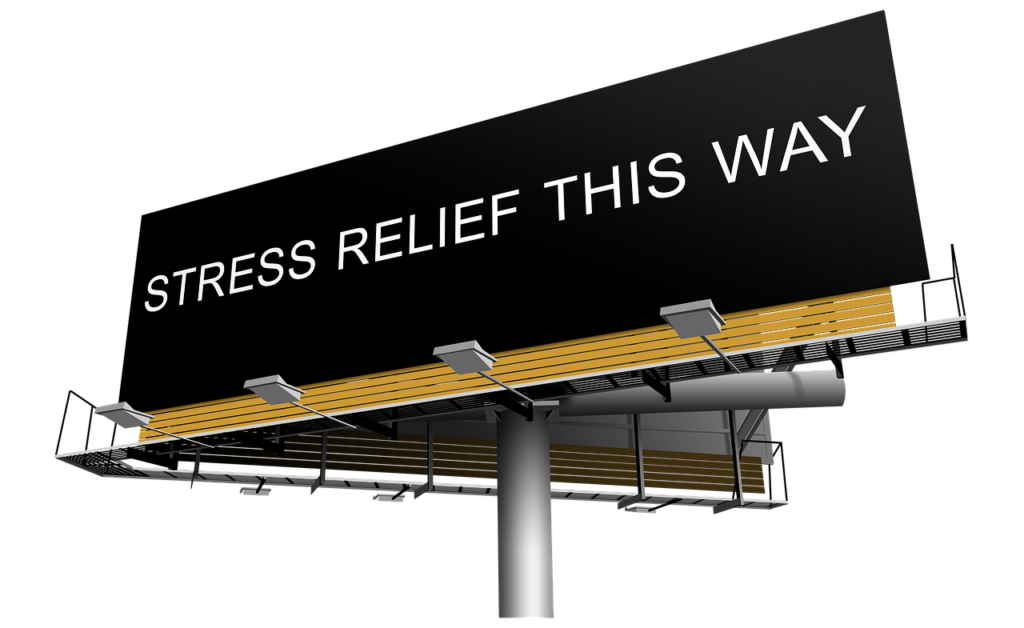These days, you’re not likely to face the threat of being eaten. But you probably do confront multiple challenges every day, such as meeting deadlines, paying bills and juggling childcare that make your body react the same way. As a result, your body’s natural alarm system — the “fight or flight” response — may be stuck in the on position. And that can have serious consequences for your health.
Even short-lived, minor stress can have an impact. You might get a stomach-ache before you have to give a presentation, for example. More major acute stress, whether caused by a fight with your spouse or an event like a dissaster, can have an even bigger impact.
Multiple studies have shown that these sudden emotional stresses, especially those with strong emotional charge can trigger heart attacks, arrhythmia and even sudden death. Although this happens mostly in people who already have heart disease, some people don’t know they have a problem until acute stress causes a heart attack or something worse.
Chronic stress presents a significant challenge for our body. When stress starts interfering with your ability to live a normal life for an extended period, it becomes even more dangerous. The longer the stress lasts, the worse it is for both your mind and body. You might feel fatigued, unable to concentrate or irritable for no good reason, for example. Furthermore, chronic stress causes wear and tear on your body, too.
Stress can make existing problems worse. In one study, for example, about half the participants saw improvements in chronic headaches after learning how to stop the stress-producing habit of “catastrophizing,” or constantly thinking negative thoughts about their pain. Chronic stress may also cause disease, either because of changes in your body or the overeating, smoking and other bad habits people use to cope with stress. Job strain — high demands coupled with low decision-making latitude — is associated with increased risk of coronary disease, for example. Other forms of chronic stress, or mental health issues, such as feeling depressed with low levels of social support, have also been implicated in increased cardiovascular risk. And once you’re sick, stress can also make it harder to recover. One analysis of past studies, for instance, suggests that cardiac patients with so-called “Type D” personalities — characterized by chronic distress — face higher risks of bad outcomes.




